Question And Answer
Publications
Articles, publications, books, tools and multimedia features from the U.S. Institute of Peace provide the latest news, analysis, research findings, practitioner guides and reports, all related to the conflict zones and issues that are at the center of the Institute’s work to prevent and reduce violent conflict.
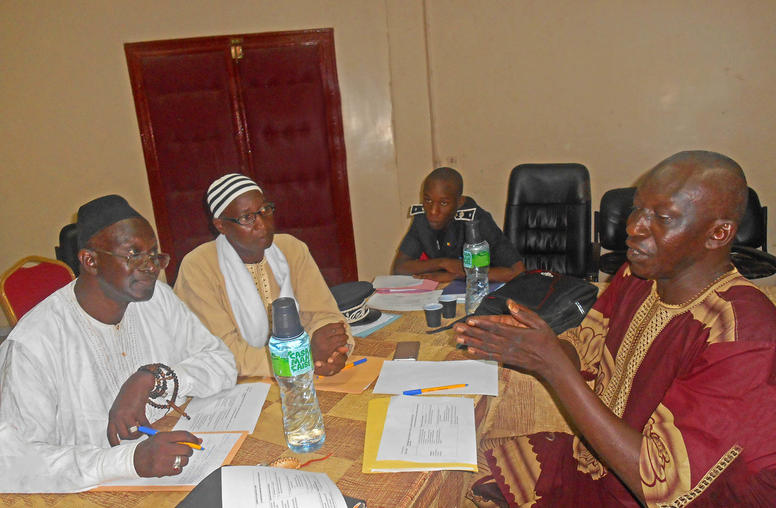
In Senegal’s War-Torn Casamance, a Dialogue Builds Stability
Senegal, one of West Africa’s most stable countries, is a key partner in countering extremism, military coups and other violence in the Sahel and in coastal states. Yet Senegal’s democracy and stability face challenges, notably the 40-year insurgency in the Casamance region. As Senegal attempts political and security reforms to build peace there, a community dialogue process in one Casamance town is helping improve security. Local dialogues—among communities, government officials and security forces—offer an efficient method for Senegal and its partners to heal conflict, bolster Senegal’s stability and counter West Africa’s slippage toward violence.
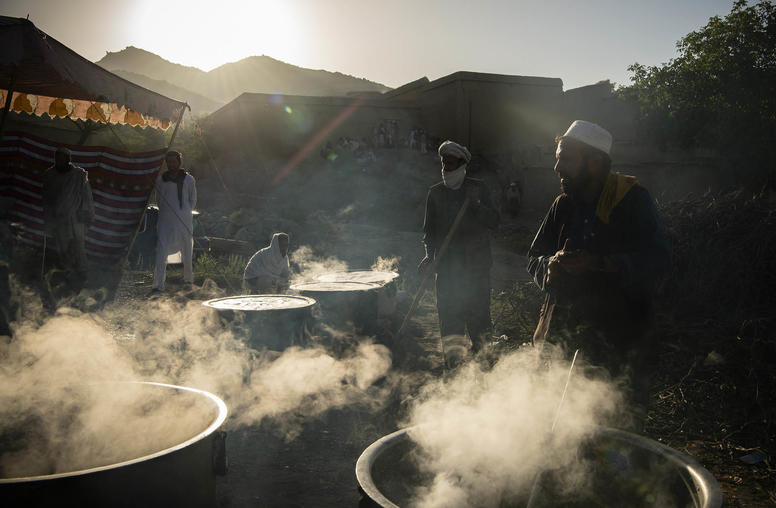
A Year into Taliban Rule, Afghans Face Spiraling Economic, Humanitarian Crises
The Taliban’s takeover of Afghanistan last year — followed by economic sanctions and other restrictions from the international community — precipitated a dire humanitarian crisis. Afghan women and children, particularly girls, have been hit the hardest. After two decades of hard-won gains, Afghan women have seen their rights evaporate before their eyes and young girls’ dreams for their futures have been squashed. Meanwhile, the country’s economic crisis has left nearly the entire population in hunger, with limited access to health care and other basic needs.

Andrew Watkins on the One-Year Anniversary of Taliban Takeover
With “more people going hungry in Afghanistan than anywhere else in the world,” the Taliban have shown they recognize “the scope of the problems they’re facing. But they’ve also revealed … just how little they can do to grapple with the world’s worst humanitarian crisis,” says USIP's Andrew Watkins.
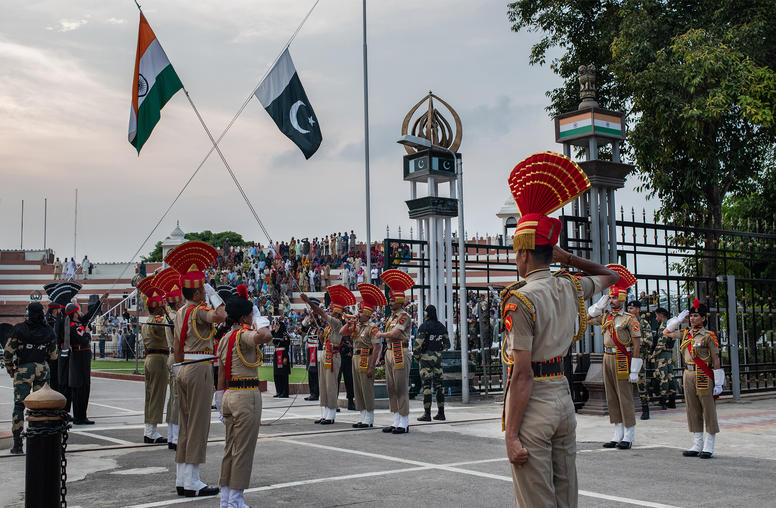
India and Pakistan at 75: Prospects for the Future
India and Pakistan, the two nuclear-armed giants of South Asia, each mark the 75th anniversary of their independence this week. In this article, USIP interviews Jalil Abbas Jilani and Maleeha Lodhi, former ambassadors of Pakistan to the United States, and Nirupama Rao and Arun Singh, former ambassadors of India to the United States, to get their perspectives on the main foreign policy and security challenges facing their respective countries, options for rapprochement, and the role of the United States and other global powers in supporting peace and stability in the region.
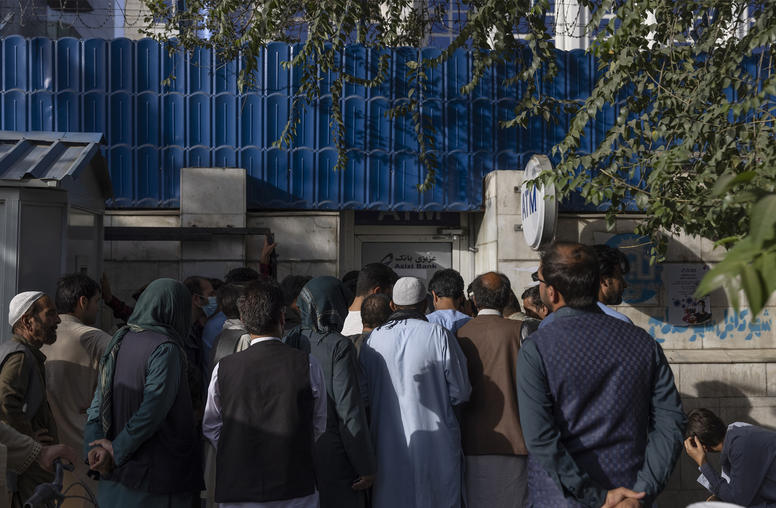
Demands for Prompt Return of Afghan Central Bank Reserves Miss the Full Picture
On August 10, a group of more than 70 international economists sent an open letter to U.S. President Joseph R. Biden Jr. and Treasury Secretary Janet Yellen urging the U.S. administration to promptly return more than $7 billion of Afghanistan’s foreign exchange reserves, held at the New York Federal Reserve Bank, to Afghanistan’s central bank (Da Afghanistan Bank; DAB). The letter followed similar pleas by U.N. officials and others. However, following the killing of al-Qaida leader Ayman al-Zawahiri in a U.S. drone strike in Kabul on July 31, the administration announced it will not release any of the reserves for recapitalization of DAB. The economists’ letter, though well-intentioned like other requests to return the reserves to DAB, does not take into account the very real constraints imposed by the U.S. legal system and judicial proceedings, as well as serious problems at DAB.
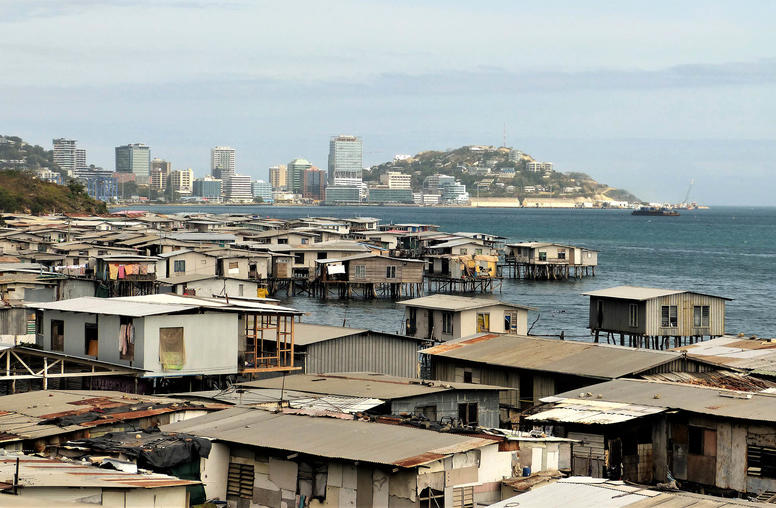
The Next Five Years Are Crucial for Bougainville’s Independence Bid
Now that Papua New Guinea Prime Minister James Marape has been reelected, the stage is set for him to settle what he has called the biggest issue facing the country — the future political status of Bougainville, an autonomous region seeking independence by 2027. Papua New Guinea is unlikely to let it secede, but Bougainville is unlikely to settle for anything less than full independence, and positive relations between the two governments will be of paramount importance in the coming years. Meanwhile, intensifying U.S.-China competition in the South Pacific creates wider implications for Bougainville’s potential independence.
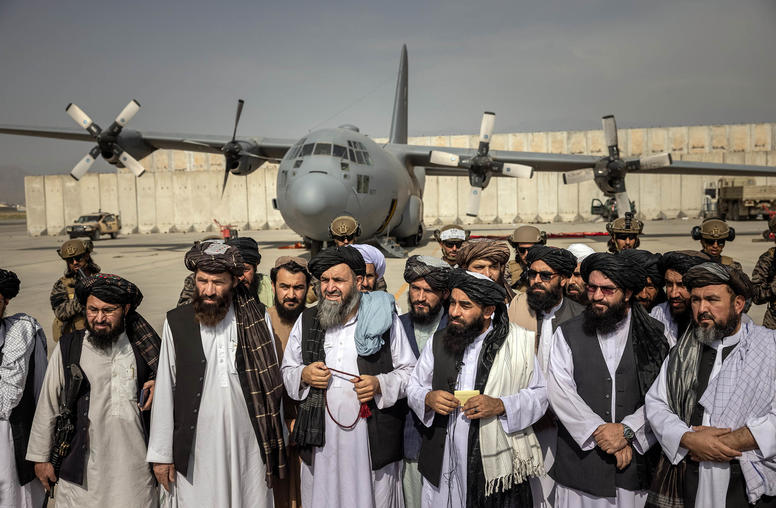
A Year After the Taliban Takeover: What’s Next for the U.S. in Afghanistan?
A year ago this month, the United States’ longest war ended, punctuated by the Taliban’s rapid takeover of Kabul. In the year since, U.S. policy on Afghanistan has focused on evacuating remaining U.S. citizens and partners in the country and addressing the country’s deteriorating humanitarian and economic crises. U.S. engagement with the Taliban has been limited and Washington has premised normalizing relations on the Taliban upholding counterterrorism commitments, respecting human rights and establishing an inclusive political system. There has been little indication that the Taliban are interested in following through on the latter two issues and the recent killing of al-Qaida leader Ayman al-Zawahiri in Kabul demonstrates that the regime has not met its pledge to cut ties with transnational terrorist groups.
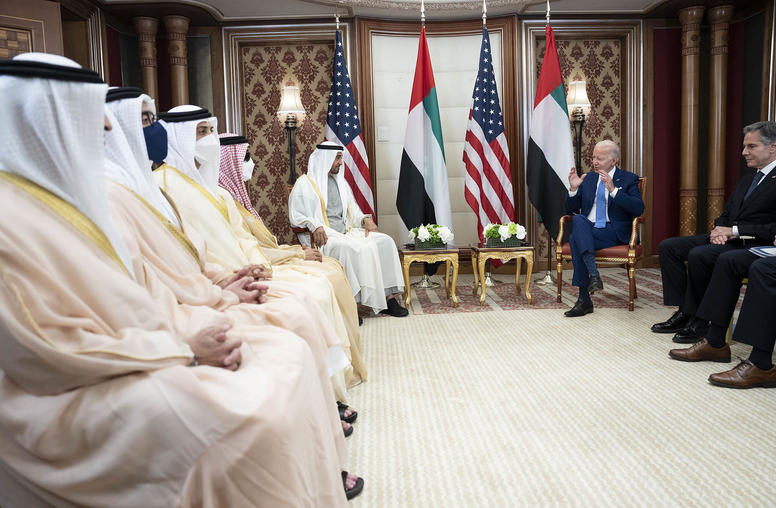
Five Messages Biden Should Take from His Middle East Trip: A Regional Perspective
Before and since President Biden took office, debates have proliferated around an American “retrenchment” from the Middle East. The administration has consistently asserted that it is not withdrawing from the region, only aligning strategy and resources — “right-sizing” in the parlance of the moment. Still, most of the region remains unconvinced.

The New U.S. Africa Strategy Is a Moment We Must Seize
America’s new strategy toward Africa, released this week amid Secretary of State Blinken’s visit to the continent, offers promise for a newly productive relationship, and not a moment too soon. Global crises such as food insecurity, pandemic diseases and climate change—and Africa’s inevitable move in this generation to the world’s center stage—make a first real U.S.-Africa partnership vital. Yet a strategy is not a solution. Both American and African peoples and governments now face urgent tasks to seize this moment and jointly frame concrete milestones for the implementation of a new transatlantic partnership, ideally by December’s U.S.-African Leaders’ Summit.

Asfandyar Mir on the Taliban Harboring al-Qaida Leader Ayman al-Zawahiri
The 2020 Doha Agreement was meant to force the Taliban to “think twice” before harboring terror groups. But Ayman al-Zawahiri’s killing in Kabul shows the deal was “just a piece of paper for the Taliban. They had no qualms about once again hosting the main leader of al-Qaida,” says USIP’s Asfandyar Mir.